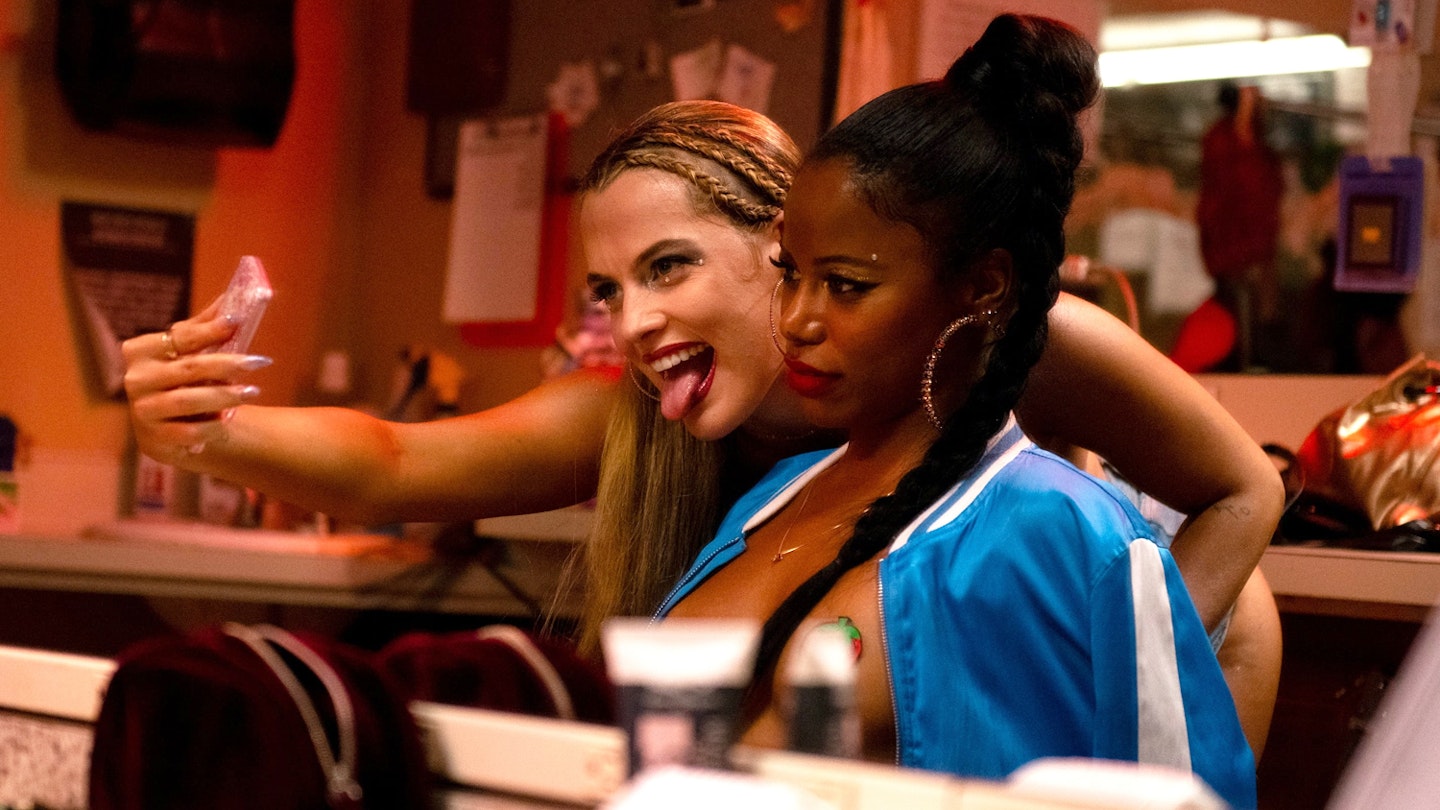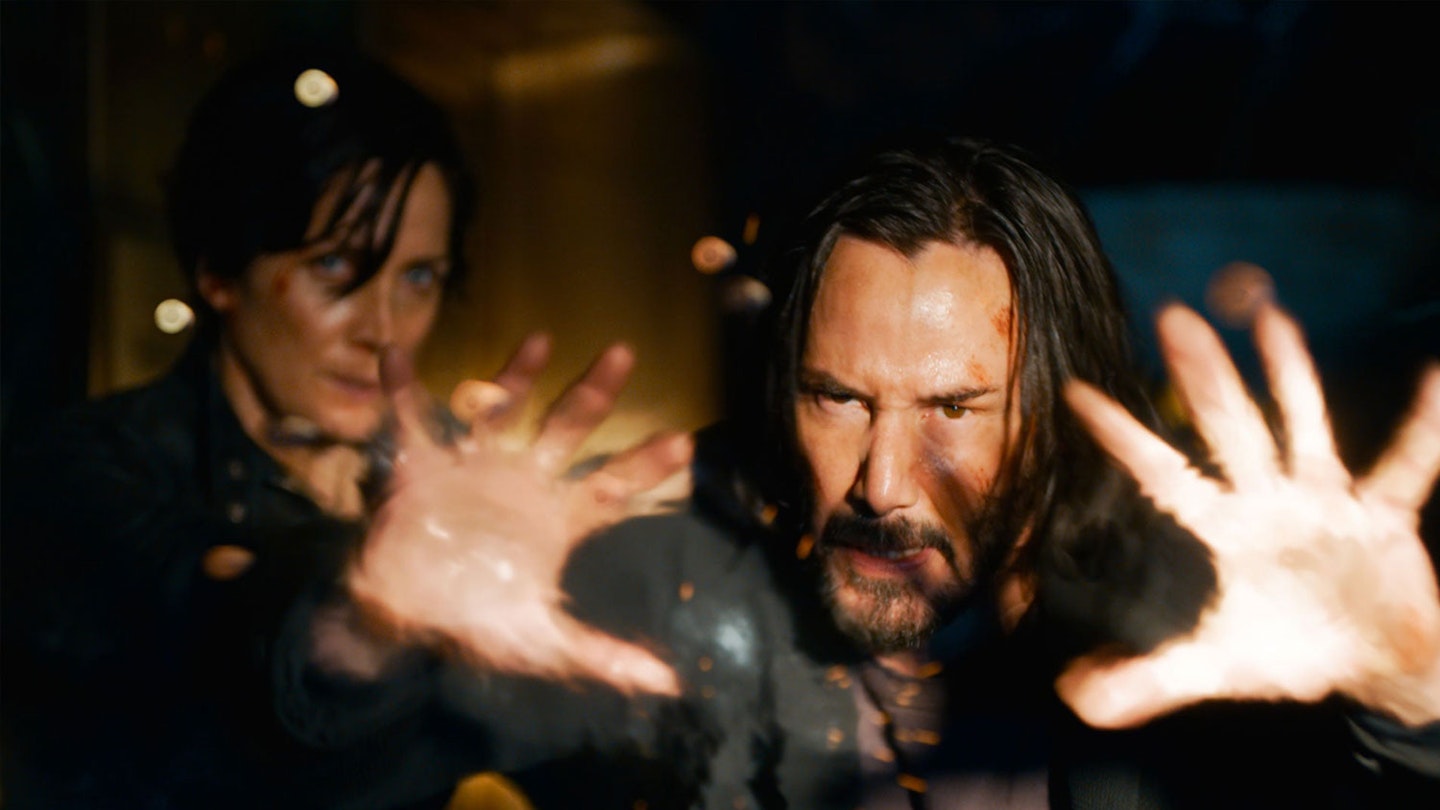In 2015, A’ziah ‘Zola’ King fired out a 148-tweet thread about her messy weekend in Florida and Hollywood was clamouring for it. “Y’all wanna hear a story about how me and this bitch fell out?” King’s opening tweet declared. “It’s kind of long, but it’s full of suspense.” At 90 minutes, the film adaptation is a reasonable length, but co-writer and director Janicza Bravo uses much style and intrigue to serve up an unreliable narrator for the social media age.

The sensational embellishments of #TheStory recommended itself to the surrealist approach of Bravo, which she employed for her 2017 feature debut Lemon and again for this fever-dream escapade exposing the darker corners of US life. For as much as this is a black comedy designed to amuse and titillate, it is also a damning indictment of a society that frequently leaves women at the mercy of the whims of disreputable men.
An impactful cast maintain the film’s frenetic pace.
The film opens like a romantic fantasy. Composer Mica Levi’s fluttering harp motif evokes a butterfly-in-your-belly feel as two women fall hard for each other after a chance encounter. It’s not a sexual coupling: when Zola (Taylour Paige) meets Stefani (Riley Keough) at her restaurant day job, it’s clear their relationship is a sisterly connection, forged during an evening of stripping at a local club and sealed through Stefani’s repeated exclamations of “sis!” as they girl-talk into the early hours. Their language uses African-American Vernacular English that could only be articulated by writers authentically engaged in the culture. Playwright Jeremy O. Harris and Bravo fill out Zola’s story with their own whip-smart dialogue while incorporating lines from the original thread like one kinetic texting montage, peppered with smartphone swooshes and ‘ding dings’. Zola tells her new friend she would have to “fuck her man calm” in order to ease his mind before they head off on their stripping adventure, and it quickly segues into the intimate act to comic effect.
Sex is very much on the movie’s mind, but while moments on the pole visualise the women as beauteous, a striking montage of Stefani flitting between male customers thrums with farcical urgency as the romance of this weekend quickly wears off.
It’s through Zola’s eyes that we understand the increasingly fraught state of events, and where the narration might lack a deeper introspection of her motivations, Paige’s quizzical side-looks, acrylic-nailed pointing and defiant body language help to fill in the gaps. Keough, meanwhile, delivers her Blaccented honey trapper with gusto, adding countering moments of vulnerability to demand sympathy for a woman who, for all her culturally appropriating faults, is still a victim. Throw in Colman Domingo’s manipulative, code-switching pimp and Nicholas Braun’s reliability as the idiotic cuckold, and you’ve got an impactful cast maintaining the film’s frenetic pace. But as the weekend comes to a close, only a few meagre narrative threads remain, allowing the once pure-fire emoji of Zola’s journey to fizzle out.

